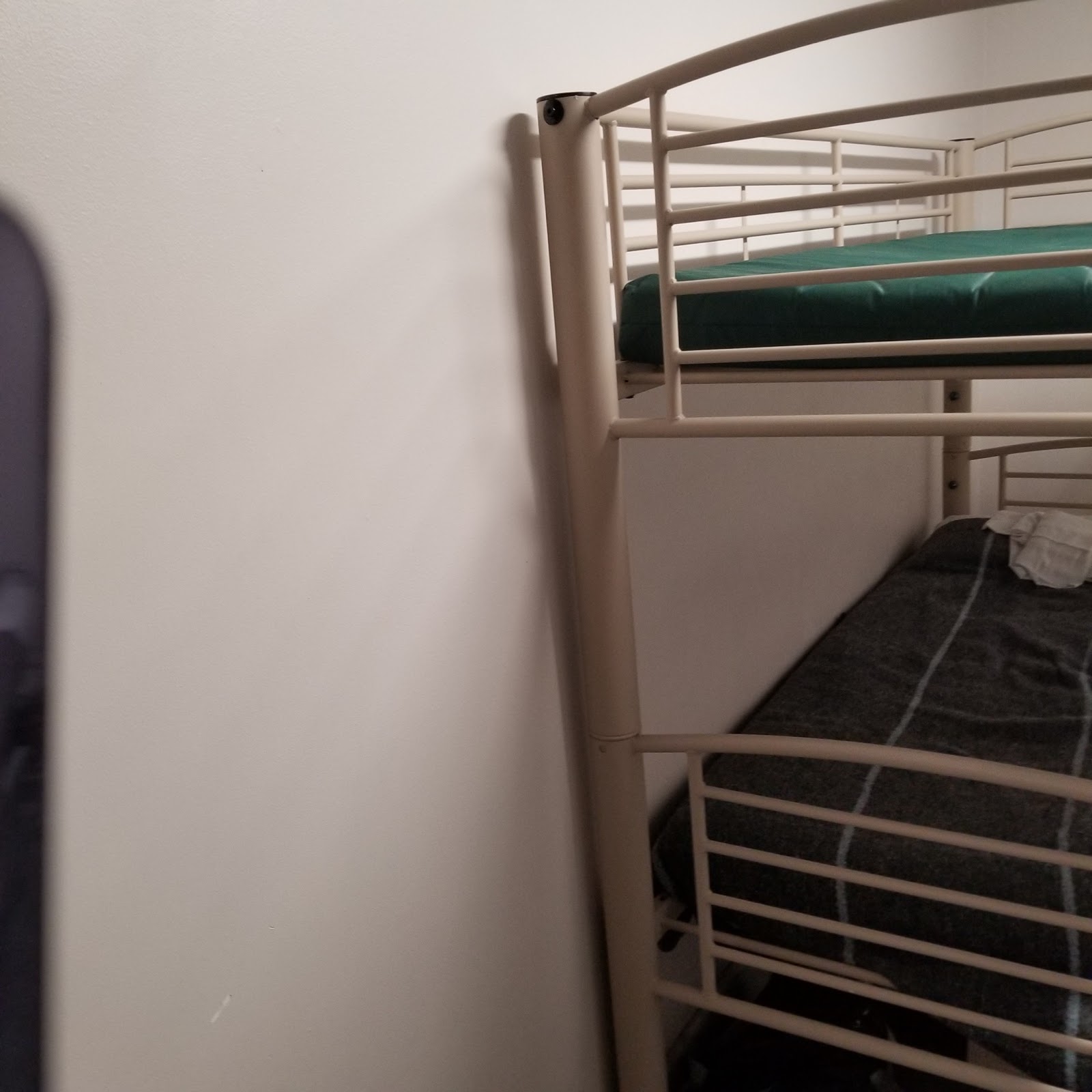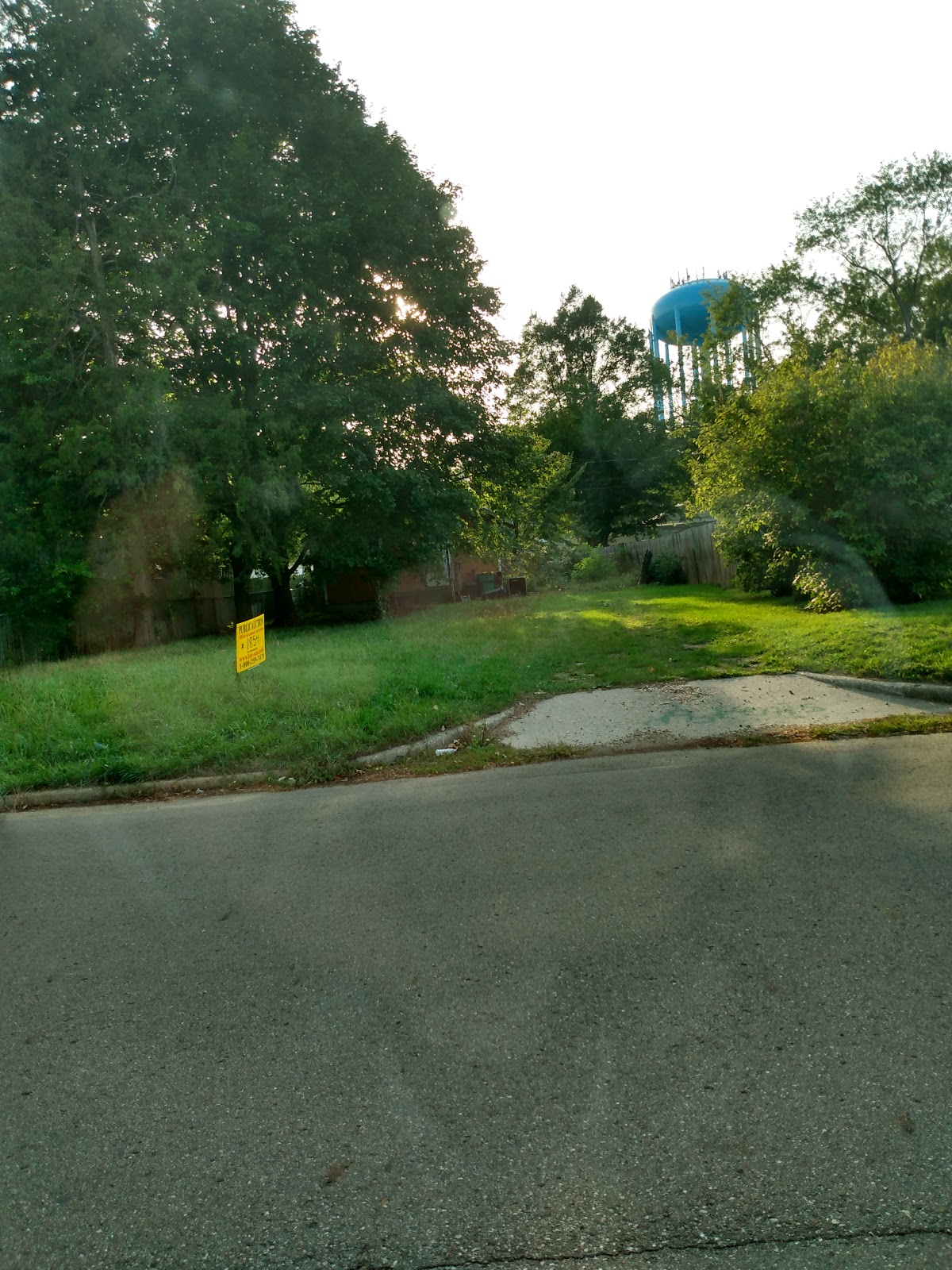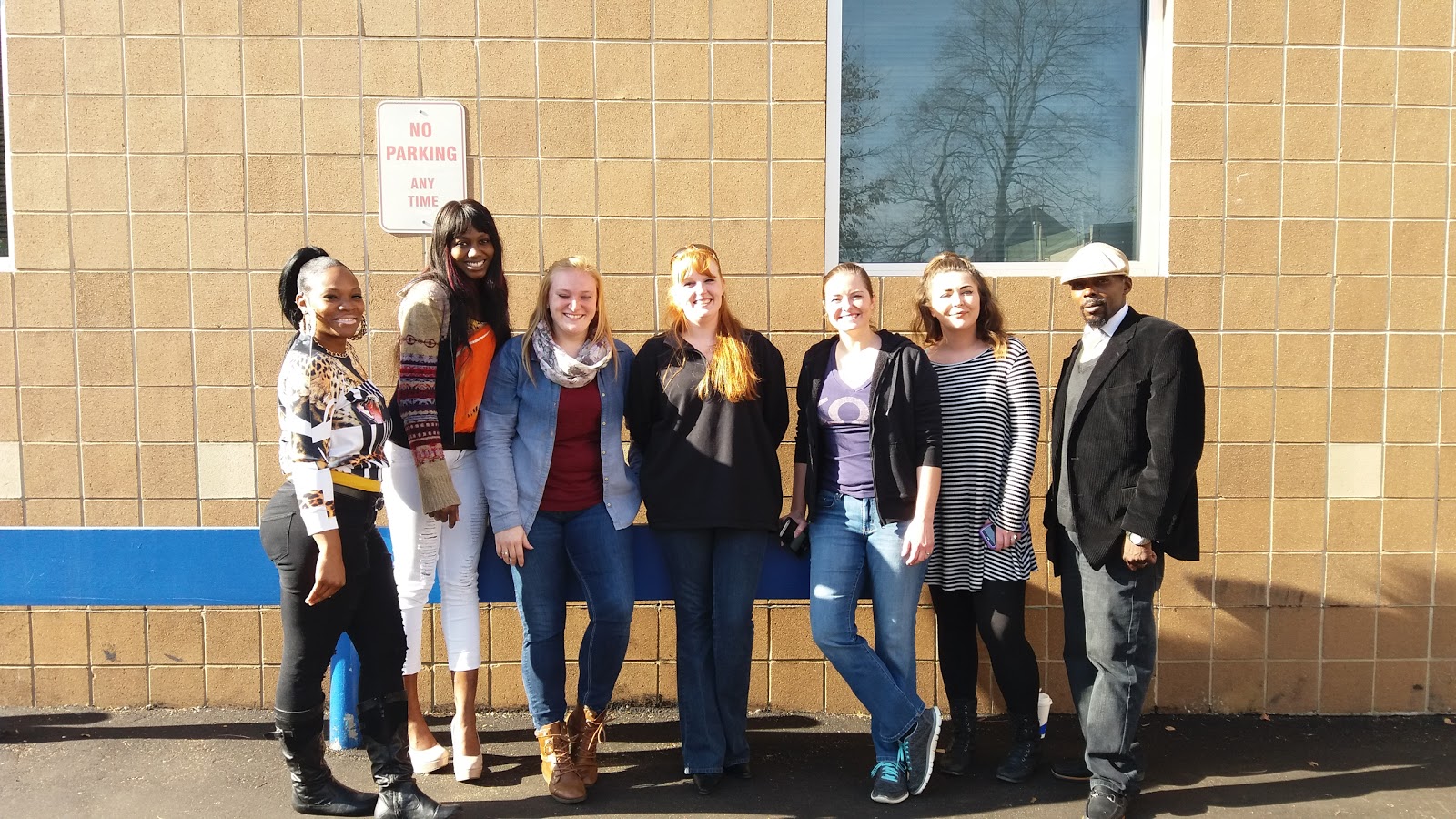KPEP
Overview
KPEP is an accredited substance abuse treatment center that provides inpatient and outpatient detoxification, for men and women from 18+ years of age. As part of their special programs, KPEP To help patients achieve sobriety, KPEP provides intake assessments. Afterward, patients receive 12-step facilitation, individual psychotherapy, and cognitive behavioral therapy during treatment. KPEP is located in Battle Creek, Michigan, providing treatment for people in Calhoun County, accepting cash or self-payment and sliding fee scale (fee is based on income and other factors).
KPEP at a Glance
Payment Options
- Cash or self-payment
- Sliding fee scale (fee is based on income and other factors)
Assessments
- Comprehensive substance use assessment
Age Groups
- Young adults
- Adults
Operation
- Treatment duration
- Private for-profit organization
Accreditations
Commission on Accreditation of Rehabilitation Facilities (CARF):

CARF accreditation is a prestigious recognition for organizations in rehabilitation and human services. It signifies that an organization meets rigorous quality standards and is committed to providing top-notch care. Achieving CARF accreditation involves a thorough evaluation process, including on-site surveys, to ensure excellence in programs and services. This accreditation boosts an organization's credibility, assures clients and funders of quality, and promotes ongoing improvement in the field of rehabilitation and human services.
Treatment At KPEP

Conditions Treated
Alcoholism:
Alcohol addiction is when a person becomes physically and mentally dependent on alcohol, leading to mood swings, impulsive actions, intense cravings, and withdrawal symptoms. Treatment includes supervised detox, therapy, and support groups. It's important to note that rehabilitation doesn't "cure" alcoholism, but it helps individuals better manage their addiction, regain their ability to function in daily life, and improve their overall well-being.
Substance use treatment:
Substance use rehabilitation represents a holistic treatment strategy tailored to aid individuals grappling with drug or alcohol addiction. This comprehensive rehabilitation method encompasses two key aspects: first, addressing the physical dependency, often commencing with detoxification, and second, tackling the psychological triggers through a range of therapeutic techniques. The ultimate aim is to empower individuals to attain and sustain sobriety while providing them with the necessary skills and coping mechanisms to successfully reintegrate into society and lead a life free from substance abuse.

Levels Of Care
Intensive outpatient treatment:
Intensive Outpatient (IOP) is a specialized level of care aimed at assisting those on their recovery journey from addictions or mental health disorders. Unlike the inpatient or residential treatments where attendees reside within the facility, IOP offers a robust therapeutic experience while enabling participants to stay home and continue their daily routines. Generally, individuals in IOP engage in several sessions weekly, clocking in at around 9-20 hours or even more. These sessions encompass individual counseling, group sessions, familial guidance, and instructional classes that equip attendees with the tools and methods to manage symptoms and avert relapses.
Detoxification:
Detoxification (detox) is the process of clearing the body of drugs or alcohol that an individual has consumed. The purpose of detox is to safely manage withdrawal symptoms when someone stops taking drugs or alcohol. It denotes a clearing of toxins from the body of the patient who is acutely intoxicated and/or dependent on substances of abuse. Detoxification seeks to minimize the physical harm caused by the abuse of substances.
Aftercare:
Finishing a drug or alcohol rehab program is not the conclusion of substance abuse treatment but rather a pivotal step toward long-term recovery. Aftercare encompasses devising a sustainable recovery plan coupled with enduring support. It may include sober living environments such as halfway houses, career counseling, and connecting patients with community support programs like Alcoholics Anonymous (AA) or Narcotics Anonymous (NA). This holistic approach ensures a smooth transition into a substance-free life while bolstering resilience against relapse.
Halfway house:
A sober living home provides a supportive environment for individuals recovering from substance abuse. Distinct from inpatient rehab centers, it prioritizes a drug-free living without continuous medical oversight. Residents follow specific rules, including curfews and required group sessions, and may undergo random drug screenings. This setting merges autonomy with responsibility, aiding residents in their return to society, fostering coping mechanisms, and upholding sobriety alongside peers facing comparable recovery journeys.
Outpatient:
Outpatient programs cater to individuals who are in good medical condition and are not at a heightened risk of relapse, including those who have successfully finished their inpatient treatment. These programs usually build upon clients' existing treatment strategies, providing ongoing addiction counseling and educational support for recovery. Individuals who enter outpatient care right after detoxification may also undergo medical and psychological evaluations, followed by the creation of personalized treatment plans. Most outpatient rehabilitation centers offer various levels of care tailored to meet each client's specific needs.
Hospital inpatient treatment:
Residential treatment programs provide housing, meals, and substance abuse treatment, offering patients an environment dedicated entirely to their recovery, distinct from their everyday life. While some rehab facilities concentrate on short-term stays lasting a few days to a couple of weeks, others emphasize long-term care spanning several weeks to months. Many centers offer both, customizing the treatment based on each patient's unique needs.

Treatment Modalities
12-step facilitation:
12-Step Facilitation is a structured approach to recovery used in many rehab facilities. It's rooted in the principles and practices of Alcoholics Anonymous (AA) and its 12-step program. The facilitation process promotes abstinence and supports individuals in becoming actively involved in 12-step self-help groups. The approach emphasizes personal responsibility, spiritual growth, and the importance of peer support to maintain sobriety and prevent relapse. By guiding individuals through each step, 12-step Facilitation aids participants in understanding the underlying causes of their addiction, seeking amends, and fostering a commitment to lifelong recovery.
Individual psychotherapy:
Individual Psychotherapy provides a private, one-on-one setting where clients can explore and address their personal challenges, behaviors, and feelings related to addiction and recovery. With the guidance of a trained therapist, clients work to uncover the root causes of their substance use, develop coping strategies, and build a foundation for long-term recovery and personal growth.
Cognitive Behavioral Therapy:
Cognitive Behavioral Therapy (CBT) is a widely practiced form of psychotherapy that seeks to address dysfunctional emotions, behaviors, and thoughts through a goal-oriented, systematic process. It encourages individuals to challenge distorted cognitions and change destructive patterns of behavior by promoting self-awareness and effective coping strategies. CBT is often used to treat a range of disorders including anxiety, depression, and stress, making it a versatile and practical therapeutic approach. Through enhancing an individual's capacity to manage life's challenges, CBT contributes to improved mental well-being and overall quality of life.
Group counseling:
Group therapy entails therapeutic sessions conducted in a collective setting rather than one-on-one. It encompasses various modalities, from support groups and experiential therapy to psycho-education and beyond. The approach focuses on treatment and emphasizes the dynamic interactions and shared experiences among group members.
Life Skills:
Life skills training equips individuals with essential competencies, such as time management, career planning, financial literacy, and effective communication, to navigate the challenges of daily life. These skills are foundational to achieving not just sobriety but a thriving, fulfilling life post-addiction. Such training lays the groundwork for sustainable success and long-term recovery.

Additional Locations
Contact Information
DISCLAIMER: The facility name, logo and brand are the property and registered trademarks of KPEP, and are being used for identification and informational purposes only. Use of these names, logos and brands shall not imply endorsement. BetterAddictionCare.com is not affiliated with or sponsored by KPEP.




